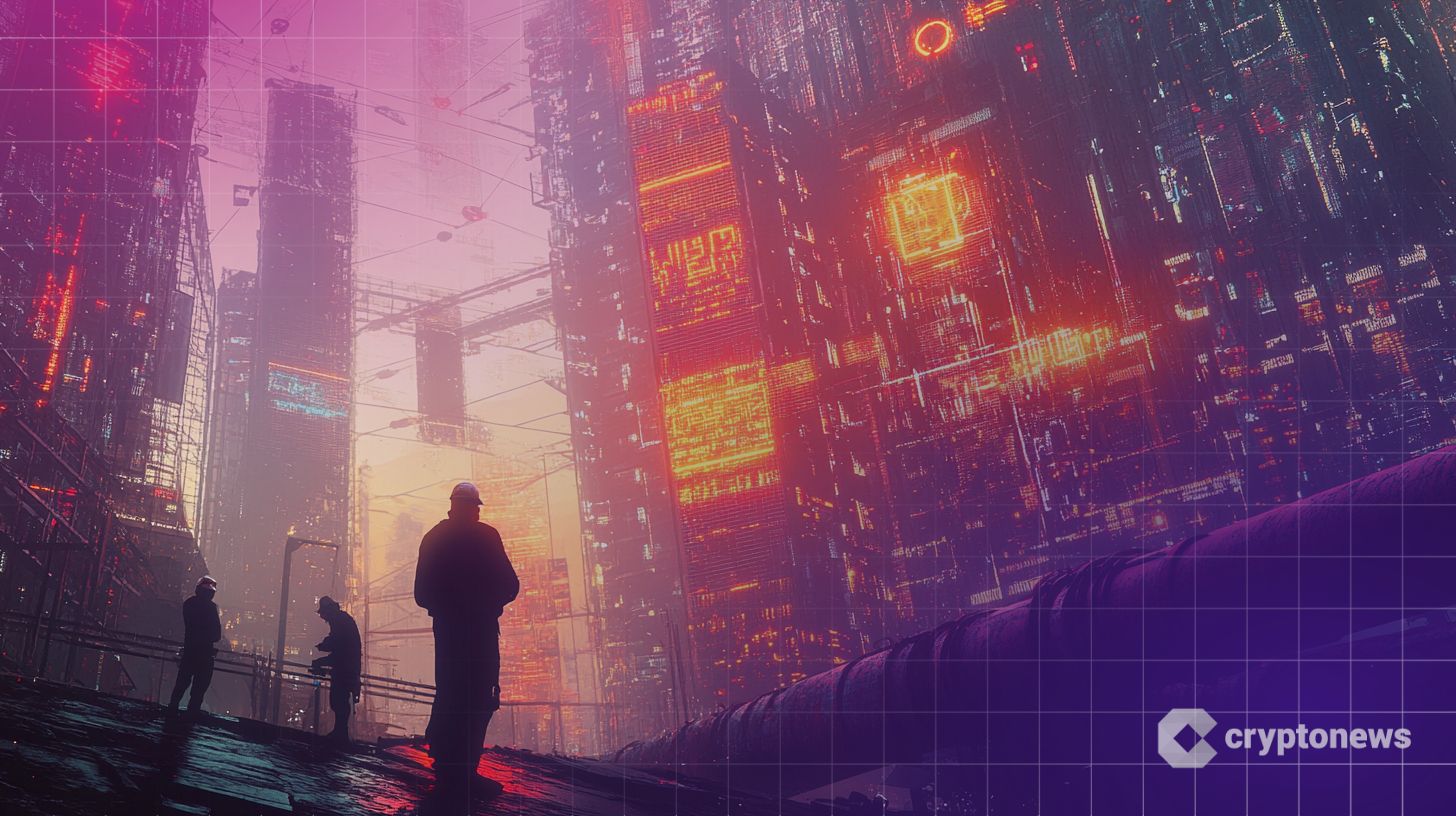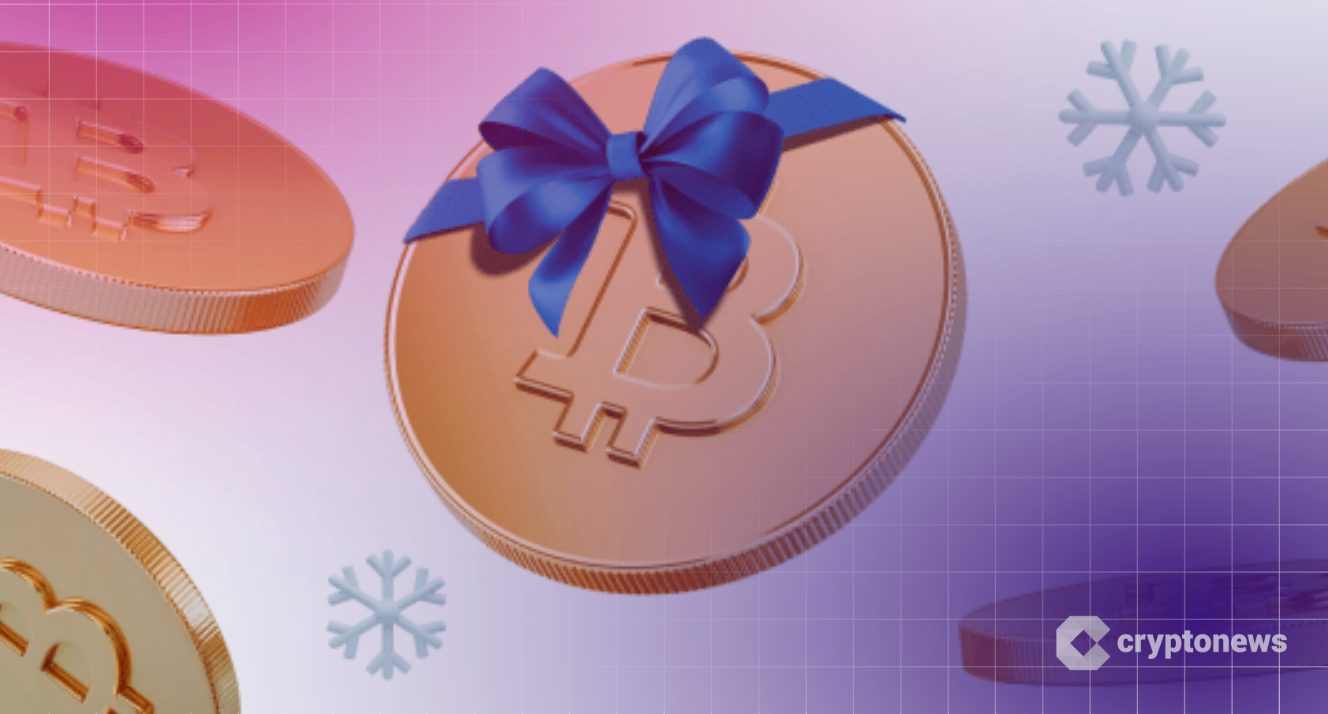Tokenized Markets Are Ready, But Their Infrastructure Isn’t: The Hidden Bottleneck in On-Chain Real-World Assets

The future, where you buy shares in a private company just like you buy a stock on an app, is here now. No piles of paperwork, no locked‐in minimums, no geography limiting your access.
Primary offerings and real-world assets (stocks, bonds, real estate) are being tokenized and moved on-chain. Coinbase Global recently announced a deal to acquire the investment platform Echo (for nearly $375 million in cash and stock) in a push toward blockchain-based capital formation.
Yet, that progress has a hidden problem: the systems underneath (the ones that track ownership records, verify identities, apply compliance rules, and manage investor onboarding) aren’t keeping up. While trading interfaces, platforms, and smart contracts advance at a pace, those systems are still fragmented and clunky.
The result is that tokenized offerings move slower, cost more, and remain largely sidelined rather than going mainstream. The promise of truly accessible tokenized markets will remain out of reach until this hidden bottleneck is addressed.
The Current Bottleneck
When an issuer decides to tokenize an asset, the headline moment is often the smart contract minting tokens, a marketplace listing, or a fundraising cap being hit. But in reality, the largest obstacles lie behind the scenes. Cap-table software, identity/KYC systems, compliance workflows, transfer-agent coordination – all that issuer‐side infrastructure – are frequently separate, disconnected modules.
Put simply, one part of the system handles who is investing, another handles how many tokens each investor owns, while a third handles who is allowed to trade or transfer, and yet another deals with audit and regulatory reporting. Many of these modules don’t integrate, don’t share real-time data, and often require manual intervention. It’s as if you tried to run a modern e-commerce business with three different cash registers that don’t talk to each other and no dashboard to see which register holds which customer’s purchase.
This fragmentation creates friction for everyone. Issuers face delays in launching offerings, risk of errors when reconciling disparate records, and higher compliance costs when manual checks dominate. Investors suffer from slow onboarding, confusion about rights and ownership, and sometimes limited secondary liquidity because transfers have to navigate multiple disconnected systems.
Regulators face a higher risk, too, with audit trails that are inconsistent and hard to oversee. Despite billions in tokenized assets, trading volume remains low, and most tokens are held rather than actively traded.
In short, the bottleneck isn’t the smart contract or the listing. It’s the plumbing behind the issuance, ownership tracking, transfers, and audit. Until those systems operate in a unified loop, tokenization will continue to be an interesting niche instead of a mainstream infrastructure for markets.
Source: rwa.xyzHow Next-Generation Platforms Solve It
The real value in tokenized markets lies not in the moment of issuance but in the lifecycle: issuance → investor onboarding → holding → secondary transfer → audit/reporting → rotation. To make that lifecycle efficient, we need a platform where onboarding, compliance, cap-table updates, transfer rights, and audit reporting are connected seamlessly, rather than patched together.
The fix isn’t another exchange or token standard – it’s connecting systems that already exist.
This is the workflow an issuer uses after logging in: they complete identity verification for an investor, issue tokens that immediately update the cap table, embed compliance rules in the tokens so that any transfer automatically triggers review, and have audit-ready records generated in real time. From the investor side, they verify once, receive a token, trade it or hold it, and know all the rights are correctly embedded.
Contrast that with today’s norm: investor verifies via one system, issuer updates a separate cap-table, transfer agent reconciles later, and audit reports are cobbled together manually.
In the next-generation model, issuers launch faster, with fewer errors and lower cost; investors experience smoother onboarding and clearer ownership; regulators gain real-time visibility and stronger record-keeping. The tokenized asset is no longer a standalone novelty, but part of a market-ready infrastructure where issuance, ownership, transfers, and audit all flow in one architecture. That change transforms tokenization from a clever idea into a scalable market layer.
Why This Matters to Markets and Investors
When the backend infrastructure works seamlessly, the implications are profound. Tokenized assets can become genuinely liquid, regulated, accessible, and investable at scale. For investors, that means access to previously illiquid asset classes (real estate, private credit, infrastructure) with lower minimums, clearer ownership, and more tradability. For issuers, in turn, it means faster fundraising, global investor reach, and fewer operational bottlenecks.
It also matters for regulators and the ecosystem at large. Tokens that embed ownership, compliance, and audit in the infrastructure create transparency and trust. This is essential if on-chain assets are to sit alongside traditional financial markets rather than in isolated sandboxes. The global scale potential is huge: reports suggest tokenization could capture trillions of dollars of value as these systems evolve.
But if infrastructure remains fragmented, tokenized assets will remain stuck – created, offered, and held, but rarely traded or liquid. And that means digital finance’s promise of faster, fairer, and more inclusive investing will remain partially fulfilled at best.
Closing Thoughts
The future of investing could be faster, fairer, and more accessible – but only if we fix the plumbing. Tokens may be the front end of innovation, but the real progress will happen behind the scenes, where identity, compliance, and ownership converge. Once the infrastructure catches up, tokenized markets won’t just be possible – they’ll be unstoppable.
Disclaimer: The views and opinions expressed in this article are those of the author and do not necessarily reflect the views of Cryptonews.com. This article is for informational purposes only and should not be construed as investment or financial advice.
The post Tokenized Markets Are Ready, But Their Infrastructure Isn’t: The Hidden Bottleneck in On-Chain Real-World Assets appeared first on Cryptonews.



